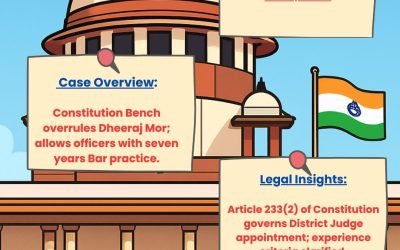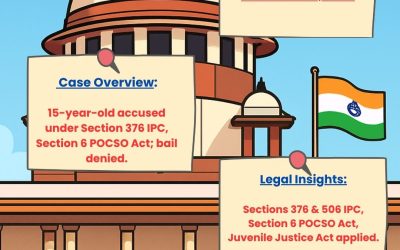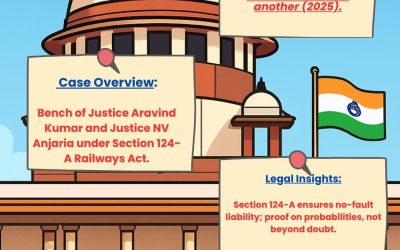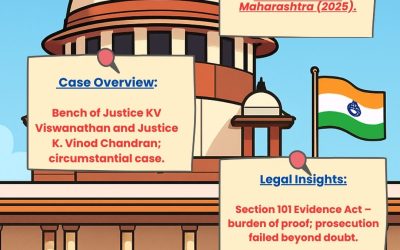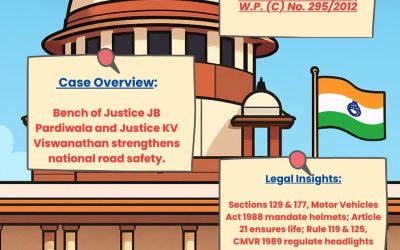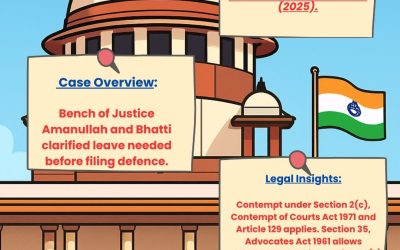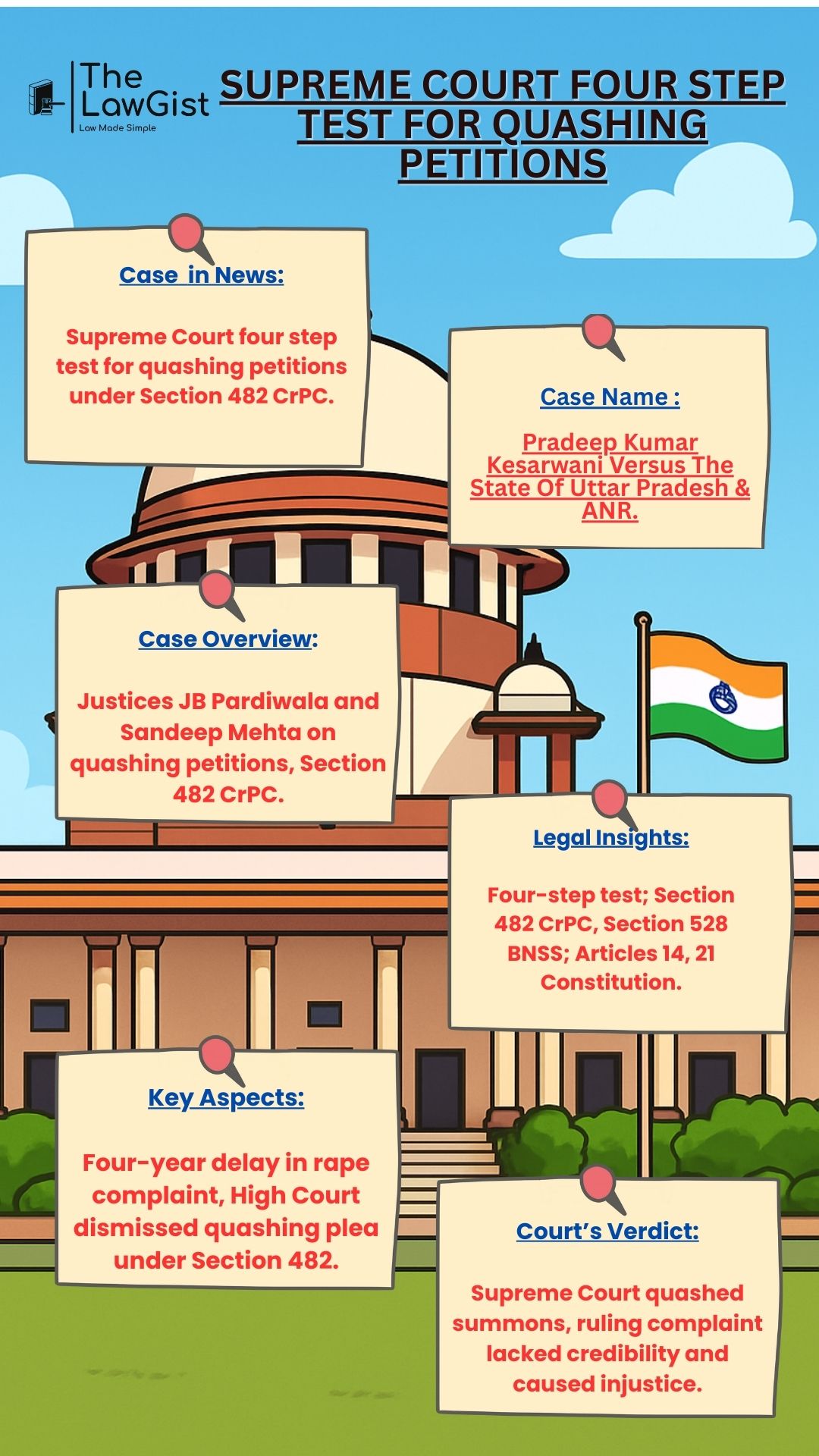
Supreme Court lays down four-step test under Section 482 CrPC/Section 528 BNSS, guiding High Courts on quashing petitions to prevent abuse of process and ensure justice.
Case in NewsSupreme Court four step test for quashing petitions guides High Courts under Section 482 CrPC/Section 528 BNSS . |
Discover powerful Latin Maxims and simplify complex legal terms in seconds.
Case Overview
Case Name: Pradeep Kumar Kesarwani vs. The State Of Uttar Pradesh & ANR.
The Supreme Court of India, in a judgment delivered by Justice JB Pardiwala and Justice Sandeep Mehta clarified the principles governing quashing petitions under Section 482 CrPC (now Section 528 BNSS) . The case arose from an appeal against the Allahabad High Court’s refusal to quash summons in a rape complaint lodged after four years, where the accused contended that the relationship was consensual and the complaint lacked credibility .
Step into the world of justice with Courtroom Chronicles.
Key Aspects
The Court examined the factual matrix and procedural lapses. Important issues before the Court included :
- The accused challenged the summoning order issued by the Magistrate .
- The complaint alleged rape on false promise of marriage but was filed after four years .
- The High Court dismissed the quashing plea under Section 482 CrPC .
- The accused argued that the allegations were inherently improbable .
Legal Insights
The Court laid down a four-step test for quashing petitions under Section 482 CrPC/Section 528 BNSS :
- Whether the material relied on by the accused is sound and of impeccable quality .
- Whether such material rules out factual assertions in the complaint .
- Whether the material has not been or cannot be refuted by prosecution .
- Whether continuing trial would be an abuse of process and defeat justice .
Court’s Verdict
Setting aside the High Court’s ruling, the Supreme Court quashed the summons holding that the complaint lacked credibility and unexplained delay . The Court emphasized that applying the four-step test ensures fair justice and prevents unnecessary trials .
Source- Supreme Court of India
Read also – BNSS
The LawGist ensures exam success with quality notes—TPL, Current Affairs, Recent Judgments, and more. Backed by trusted resources and videos, The LawGist is every aspirant’s first choice. Discover more at thelawgist.org.


